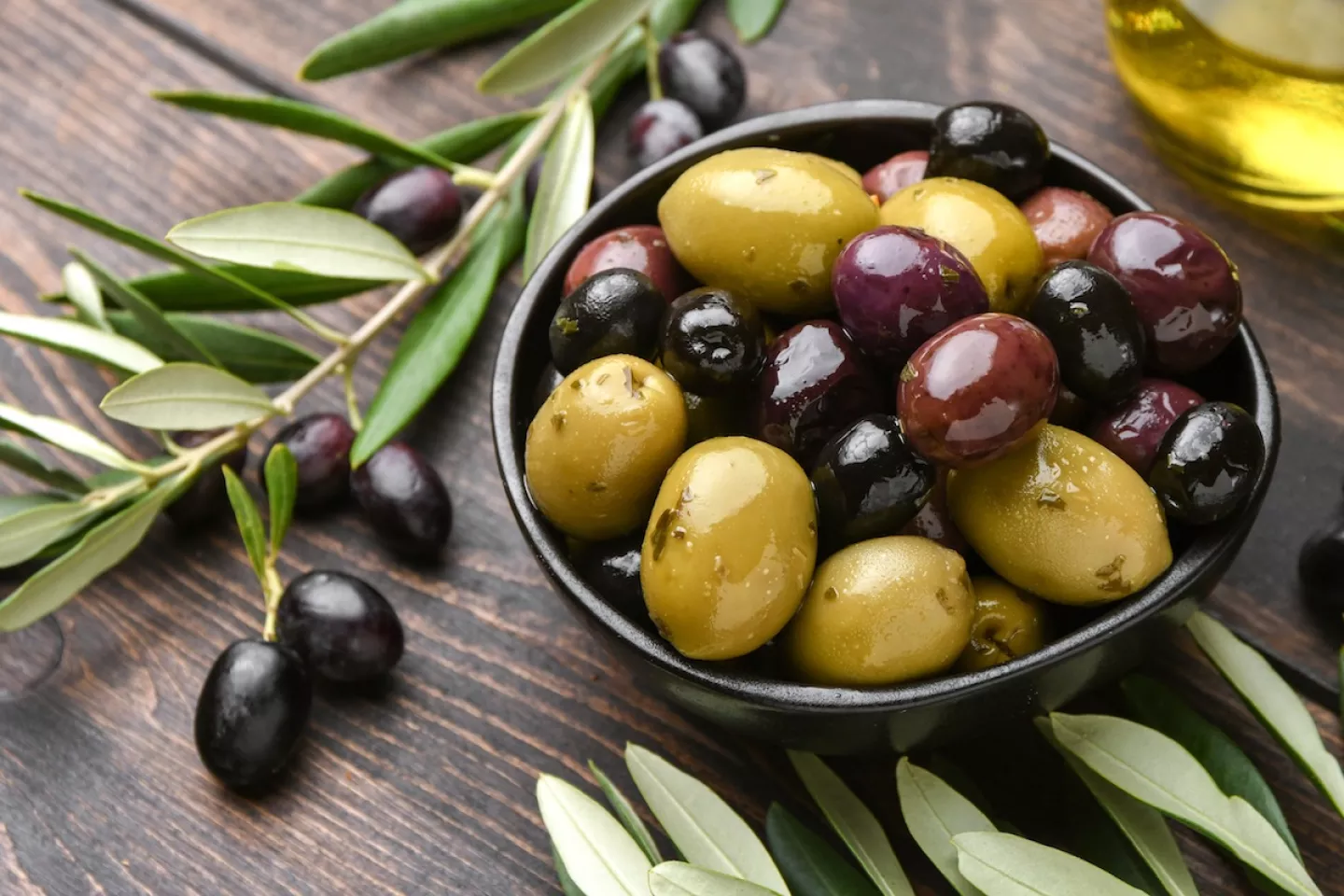Turkey’s olive sector targets record exports of $1 bln

As Turkey’s olive sector is expected to set a new production record this year, authorities have raised the bar for olive oil and olive exports from the country, setting a target to reach a record value of $1 billion in the MY 2024/25.
“We expect to reach historic levels of olive and olive oil production in the 2024/25 season, setting a target of producing 475,000 tons of olive oil and 750,000 tons of olives,” Emre Uygun, chairman of the Aegean Olive and Olive Oil Exporters Association (EZZIB), told Olive Oil Times. The sector aims to increase exports to $1.5 billion over the next five years.
These production levels represent ambitious but achievable targets for the Turkish olive sector. The association sets a benchmark of annual exports of 200,000 tons of olive oil and 100,000 tons of olives, which would amount to $1 billion in foreign revenue at current prices. The main consuming countries of the product are Spain, Italy and the U.S., while olives from Turkey are mainly exported to Germany, the U.S., Romania and Iraq.
Uygun said EZZIB is also exploring the possibility of duty-free access of Turkish olive oil and olives to key trading partners such as the European Union and the United Kingdom.
In 2022/23, the country exported about 146 thousand tons of olive oil worth about $709 thousand. However, in 2023/24, Turkey’s olive oil exports decreased by 52% to 71 thousand tons, with revenue also falling to $506 thousand. At the same time, the government banned the wholesale export of olive oil from the country, the barrier measure was in place for 13 months and was recently lifted. According to EZZIB, Turkish olive oil producers and exporters suffered losses of $202.5 million during this period.
Although the country’s producers are optimistic about increasing exports to international markets this crop year, helped by record production volumes, the sector is facing the consequences of export restrictions: over the past four years, the government has imposed three bans on bulk oil exports to stabilize the domestic market. These restrictions have inevitably reduced international markets for Turkish producers and exporters.
“On the other hand, there are concerns, who will we sell so much oil to?” – Tarim Gundem concluded.
Read also
Denmark continues to see an upward trend in pig numbers
Wheat falls on thin trading and ample supply outlook
Abbey Commodities – General Partner of BLACK SEA GRAIN.KYIV-2026
Ukrainian farmer focuses on sunflower planting amid drone threats
Russia’s wheat harvest forecast of 91 mln tons is overly optimistic – ...
Write to us
Our manager will contact you soon



